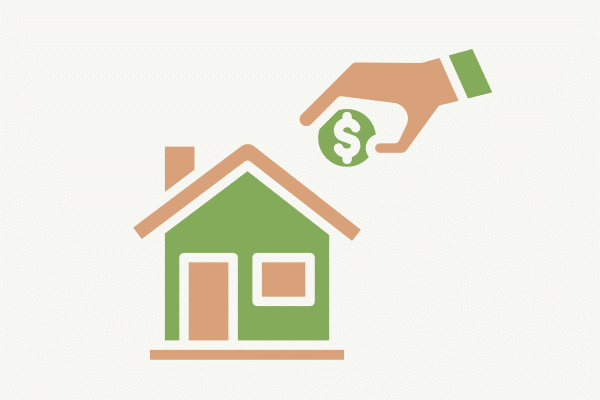
Rental activities typically fall under “passive” activities. This means rental losses can only be deducted against passive income, not nonpassive income like wages or investment earnings.
If you’re unable to use rental losses in a given year, don’t worry—they carry forward indefinitely until your passive activities generate enough income to offset those losses.
However, if you “actively participate” in managing your rental property, you may be able to deduct up to $25,000 of losses against nonpassive income. Active participation includes making important decisions like tenant approval, setting rental terms, and overseeing major repairs. Even if you’re not hands-on all the time, arranging services or maintenance for the property can count as active participation.
The following flowchart can help determine if your Airbnb or rental property qualifies as a passive activity or not:
❓ Did you spend more than 500 hours working on your rental activities this year?
- 💡 If no, did you work at least 100 hours, and more than anyone else on this activity?
- 📌 If not, did you materially participate in at least 5 of the last 10 years?
- 📌 If no, this is likely a passive activity.
- 📌 If not, did you materially participate in at least 5 of the last 10 years?
❓ Was the average rental period 30 days or less?
- ✅ If yes, did you provide “significant services” (like housekeeping or meals) to guests? If so, this might be treated as non-passive.
- 📌 If the average rental was 7 days or less, your property should also be classified as non-passive.
- 📌 If the average rental exceeds 7 days, it likely remains a passive activity.
Tasks that count towards the 500-hour and 100-hour rules include showing the property to renters, reviewing leases, bookkeeping, scheduling repairs, and even managing vendors and staff.
Wondering if your rental qualifies as passive or non-passive income?
Get clarity before tax season hits. Contact us today, and we’ll help you navigate the complexities of rental activities and maximize your deductions.
